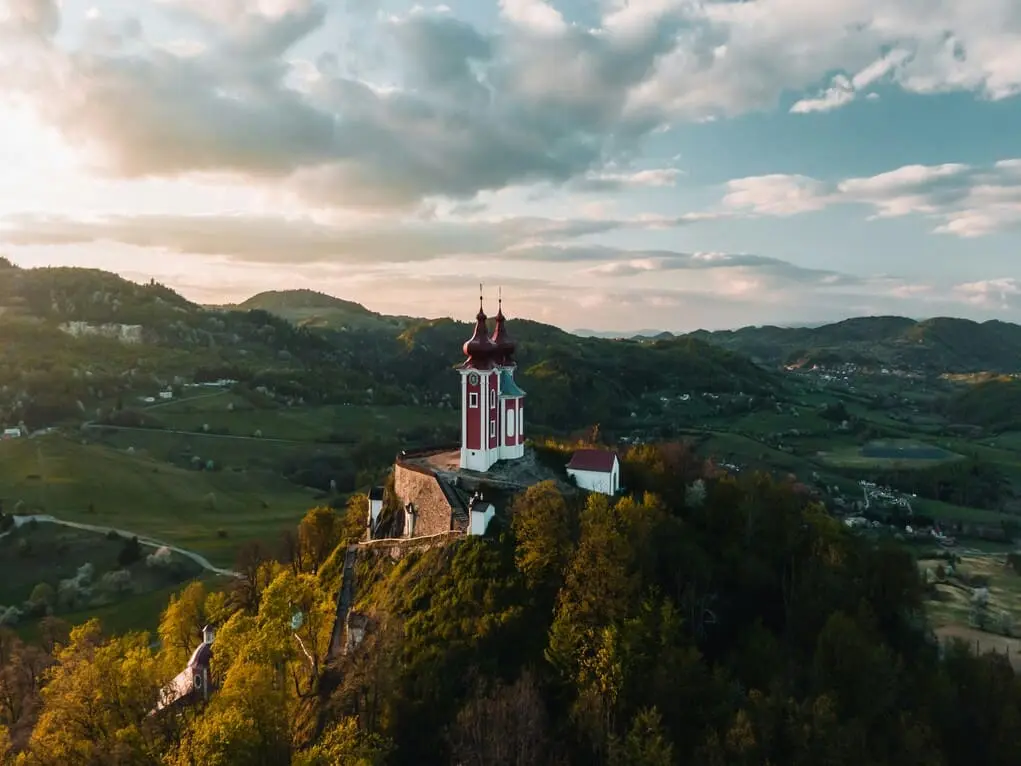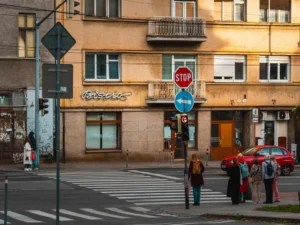Managing an inheritance that involves assets in Slovakia and Spain requires a clear understanding of European inheritance law and both countries’ notarial and tax systems. Whether you’re dealing with an inheritance in Slovakia with heirs in Spain or an inheritance in Spain with heirs in Slovakia, it’s crucial to determine the applicable law (under EU Regulation No. 650/2012), gather the necessary certificates, legalize and translate foreign documents, and identify the competent notary in each jurisdiction.
To ensure proper asset transfer and compliance, you’ll also need to calculate and pay the required inheritance taxes in both Slovakia and Spain, taking into account double taxation treaties and succession procedures specific to each country. Below, you’ll find a step-by-step explanation, a document and timeline table, and a FAQ section with answers to common questions about managing cross-border inheritances between Spain and Slovakia.
If you are wondering, “How to manage an inheritance in Slovakia?”, follow these steps and check the quick reference table.
Table of Contents
Steps
Applicable law and will:
Determine the deceased’s habitual residence and whether EU Regulation 650/2012 applies. Review the will and professio iuris.
Documentation:
Collect the death certificate, last will, inventory of assets, apostille, and sworn translations as required by Slovak or Spanish authorities (if heirs reside in Spain).
Notary and representation:
Appoint a competent notary in Slovakia or Spain. If you cannot attend in person, prepare a notarized power of attorney.
Taxes:
Calculate inheritance tax in Slovakia and Spain, considering relationships and local exemptions. Check double taxation agreements between Slovakia and Spain.
Adjudication and registration:
Draft and notarize the deed of acceptance or partition, including detailed inventory and allocation of assets. Register the inheritance in public registries in both countries if applicable.
Documents and Timelines
| Document | Issuer | Location | Apostille/Translation? | Estimated timeline | Approx. cost |
|---|---|---|---|---|---|
| Death certificate | Civil Registry | Country of death | Yes, if foreign | 3–10 days | €10–30 |
| Last will / testament | RGAUV / Notary | Slovakia / Spain | Apostille + translation if needed | 3–15 days | €20–60 |
| Inventory of assets | Relevant authorities | Each country | Depends on document | 1–4 weeks | — |
| Hague Apostille | Competent authority | Country of issue | — | 1–10 days | €20–60 |
| Sworn translation | Certified translator | — | — | 2–7 days | €0.08–0.15 per word |
| Deed of acceptance / partition | Notary | Slovakia / Spain | According to annexes | 1–3 weeks | €300–1,200 |
Taxes
Slovakia:
Inheritance tax depends on the heir’s relationship to the deceased. Close relatives often benefit from exemptions.
Spain:
ISD and municipal plusvalía may apply for real estate.
Double taxation:
Always verify conventions or rules to prevent double taxation between Slovakia and Spain.
Sources: AEAT, BOE, EU Regulation 650/2012, Slovak Tax Administration.
Registration and Adjudication
- Notarize the deed of acceptance or partition with detailed inventory and allocation.
- Register inheritance in public registries in Slovakia and Spain if applicable.
- Representation at a distance is allowed via notarized powers of attorney and legalized documents.
Frequently Asked Questions
How to manage an inheritance in Slovakia?
Identify applicable law (EU Regulation 650/2012), collect certificates and wills, legalize and translate documents, appoint a notary, calculate taxes in both countries, and finalize registration and adjudication. Check the steps above and review the table of documents.
Can the inheritance be managed remotely?
Yes. A notarized power of attorney and legalized documents allow a representative to act on your behalf. Slovak and Spanish authorities generally accept remote representation.
What documents are needed?
Death certificate, last will/testament, inventory of assets, apostille if documents are foreign, and sworn translation when required.
Where are taxes paid if there are assets in Slovakia and Spain?
Slovakia: inheritance tax based on relationship. Spain: ISD and municipal plusvalía if applicable. Check double taxation agreements.
Is a notary required in Slovakia?
Yes. Slovak notaries authenticate wills, manage inheritance procedures, and ensure legal registration of inherited assets.
Typically between 1–4 months, depending on document readiness, legalizations, and registration speed in both countries.
Conclusion
If you are still asking, “How to manage an inheritance in Slovakia?”, the safest approach is to seek professional guidance. Grupo Hereda specializes in cross-border inheritance matters, ensuring all documents, taxes, and registrations comply with Slovak and Spanish law. Relying on expert support makes the process faster, safer, and legally secure.
Legal references:
1. EU Regulation (EU) No 650/2012 – “Brussels IV”
This regulation establishes uniform rules across the EU regarding jurisdiction, applicable law, recognition, and enforcement of decisions in matters of succession and the creation of a European Certificate of Succession.
2. Slovak Civil Code – Inheritance Law (Act No. 40/1964 Coll.)
The Slovak Civil Code governs inheritance rights, acceptance of inheritance, testamentary dispositions, and notarial procedures in Slovakia.
3. Spanish Inheritance and Gift Tax Act (Law 29/1987, of 18 December)
This law regulates the taxation of inheritances and donations in Spain, including assets located abroad.
4. Spanish Tax Agency – International Inheritances
The Spanish Tax Agency provides guidance for residents or non-residents inheriting assets located in Spain or abroad.
5. Spain–Slovakia Double Taxation Agreement
This treaty prevents double taxation on income and capital, including certain aspects of cross-border inheritance taxation, and promotes fiscal cooperation between both countries.
Grupo Hereda
Grupo Hereda is a law firm specialized in international and national inheritances, with more than 25 years of experience handling complex succession cases.
We assist with inheritances in Slovakia involving heirs in Spain, as well as inheritances in Spain with beneficiaries residing in Slovakia or other countries.
Our legal team coordinates every phase of the process from obtaining certificates and apostilles to settling taxes and registering assets in the corresponding registries.
If you’re unsure how to manage an inheritance in ASlovakia Grupo Hereda guides you step by step, offering comprehensive legal advice and remote representation.
We also manage all types of international and national inheritances, ensuring legal security and time efficiency.
💬 Free Consultation:
If you are facing a complex inheritance or don’t know where to start, don’t give up your rights.
Contact us, and we will find a personalized solution for your case.
📞 Call us: (+34) 915 487 550
📧 Email: info@grupohereda.com
🌍 We operate throughout Spain and handle international inheritances across Europe and beyond the EU.






